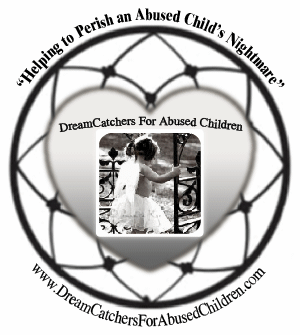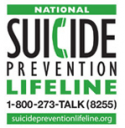Child Abuse Reporting Training Video
Reporting Child Abuse and Neglect: Mandatory Reporting Facts
All 50 states have requirements for the mandatory reporting of child abuse and neglect. The following section outlines the guidelines from The Child Abuse Prevention and Treatment Act (CAPTA, 1996).
————————————————————————-
What Counts as Child Abuse?
Minimum definitions for child abuse and neglect are any recent act or failure to act:
a. Resulting in imminent risk of serious harm, death, serious physical or emotional harm, sexual abuse, or exploitation
b. Of a child (under 18 years)
c. By a caretaker (teacher, babysitter, etc.) or parent who is responsible for the child’s welfare
Minimum definitions for sexual abuse are:
a. Employment, use, persuasion, inducement, enticement, or coercion of any child to engage in, or assist any other person to engage in any sexually explicit conduct or any simulation of such conduct for the purpose of producing any visual depiction of such conduct; or
b. Rape, and in cases of caretaker or inter-familial relationships, statutory rape, molestation, prostitution, or any other form of sexual exploitation of children, or incest of children.
Minimum definitions for emotional abuse are:
A sustained, repetitive pattern of behavior that demonstrably impairs a child’s emotional development or sense of self-worth. This can include constant criticism, threats, rejection or confinement, as well as withholding love, support or guidance.
Minimum definition for neglect is the failure to provide for a child’s basic needs:
a. Physical neglect, such as the lack of appropriate supervision or the failure to provide necessary food, shelter or medical care.
b. Educational neglect, such as the failure to educate a child or attend to his/her special education needs.
c. Emotional neglect, such as the inattention to a child’s emotional needs or the exposure of a child to domestic violence.
d. Excessive corporal punishment also is legally considered a form of neglect.
I Suspect Abuse But I Don’t Have Proof. Should I report?
All states require teachers and school personnel to report suspected child abuse. There are even some states that require any person to report. Usually a reasonable suspicion, or a reasonable cause to believe is enough to require a teacher to report according to the law. As a rule, when in doubt, report. Reporting is anonymous and an investigation will take place. Failure to report can result in a criminal or civil liability.
What do I do Before I Make a Report?
• Tell your administrator. Make sure they are aware of your suspicion and that you are required by law to report your suspicion.
• Document as much factual information as possible. Bruises, comments, disturbing or sexual writing or journaling, sexual themes in play, how often the child comes in hungry to school, etc.
• Interview the student you suspect is being abused. Or have an administrator, nurse, or school psychologist conduct an interview. Ask open questions about what you’ve observed, but do not ask leading questions to the child.
DO ask open questions (Ex., So tell me how you got these bruises.)
DO NOT ask leading question (Ex., So your Dad is abusing you, right?)
Let the child disclose to you what is happening. Be aware that they may not tell you the truth, and you should still disclose if you suspect they are hiding abuse.
How do I Report Abuse?
Every state has a hotline for reporting child abuse. Click here to locate the hotline for your state.
By the time you finish reading this, 15 children will have been abused; In the next five minutes, 30 more; Within the next hour, 360 more; And by tonight, close to 8,000+ children will have suffered from abuse, 5 of which will die. Child abuse has increased 134% since 1980 and is now considered a worldwide epidemic. The high jump in child abuse deaths and the shocking increase in statistics highlights the frightening lack of public knowledge.
Educate Yourself -- Learn the Facts
It May Just Save a Child's Life!!



















![Validate my RSS feed [Valid RSS]](http://dreamcatchersforabusedchildren.com/wp-content/uploads/2009/10/valid-rss.png)












